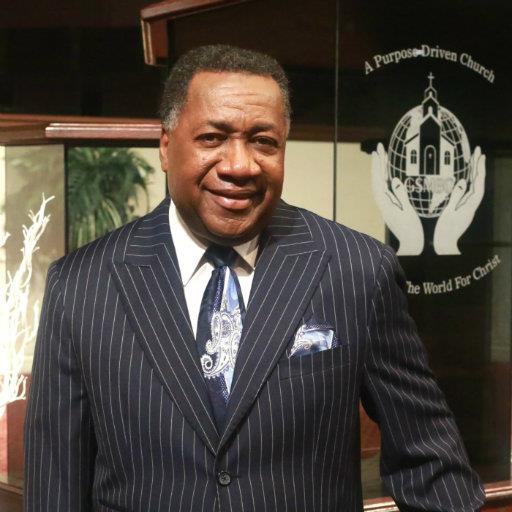DAILY DEVOTIONAL FROM PASTOR WESLEY December 11, 2024
How to Handle Pride
The LORD therefore be judge and decide between you and me; and may He see and plead my cause and deliver me from your hand." When David had finished speaking these words to Saul, Saul said, Is this your voice, my son David?" Then Saul lifted up his voice and wept. He said to David, You are more righteous than I; for you have dealt well with me, while I have dealt wickedly with you. You have declared today that you have done good to me, that the LORD delivered me into your hand and yet you did not kill me. For if a man finds his enemy, will he let him go away safely? May the LORD therefore reward you with good in return for what you have done to me this day. Now, behold, I know that you will surely be king, and that the kingdom of Israel will be established in your hand. 1 Samuel 24:15-20
Pride causes us to think that we can manage life’s situations ourselves and make our own plans. The first two kings of Israel—Saul and David—illustrate different approaches to handling pride.
Saul’s high opinion of himself resulted in decisions that were contrary to the Lord’s commands. For example, having defeated the Philistines, the king reasoned that he should take some spoils of war, even though God had said otherwise. When confronted by Samuel, he replied that his plan was “to sacrifice [the animals] to the Lord” (1 Samuel 15:15). God saw through his words to a heart of pride. If self-centeredness controls our thinking, we’ll seek ways around divine commands in order to serve ourselves. When caught, we may try to justify our disobedience, as Saul did.
David—Israel’s second king, chosen while Saul was still on the throne—didn’t try to initiate his own reign. Instead, he waited for God’s timing. That meant enduring Saul’s jealous rages and murder attempts, but still he wouldn’t retaliate. In fact, even when he had the opportunity, David refused to seize the throne; he didn’t allow pride to dominate his thinking. Later on, he coveted another man’s wife and committed adultery, but when he was challenged, his humble heart prompted repentance (2 Samuel 12:13).
To prevent prideful behavior, we must refuse to act independently of the Lord. Like David, we should handle self-centeredness by turning to God in confession. David’s sins were forgiven. Saul, on the other hand, never admitted he’d made any mistakes, and that led to his downfall.
Listen to Dr. Michael W. Wesley Sr. on OnePlace.com
Watch Dr. Michael W. Wesley Sr. on LightSource.com





